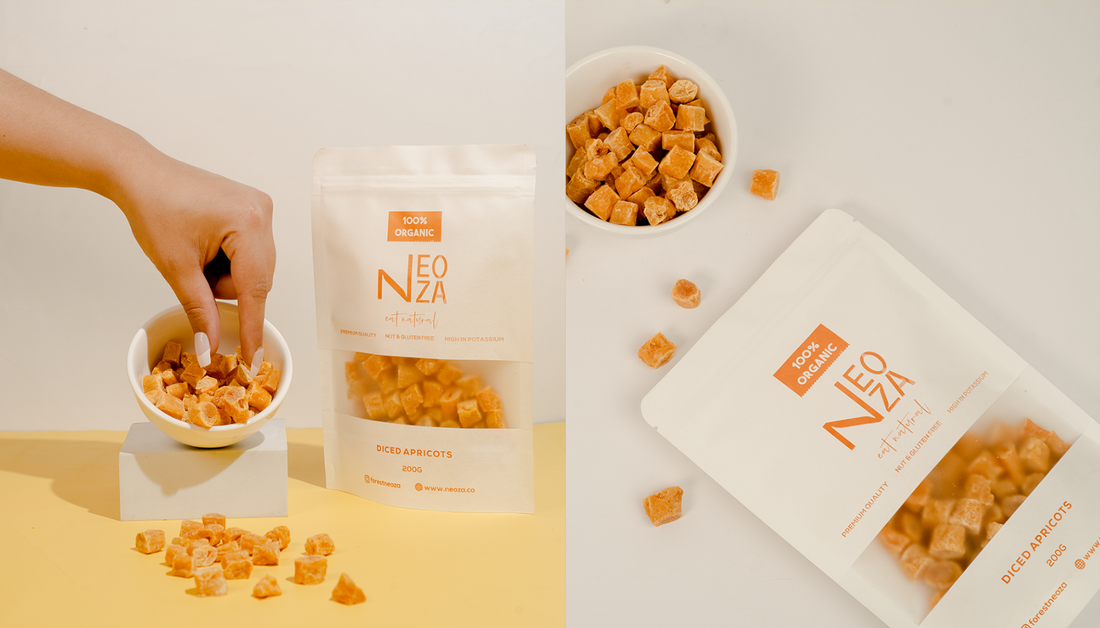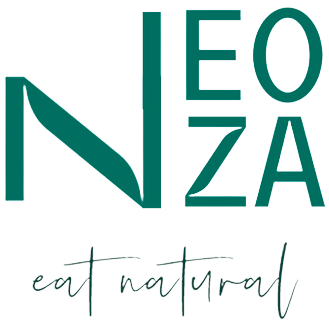
Dried Khubani Price in Pakistan: Where to Buy and What Affects the Cost?
Hummed BaigDried khubani, or dried apricots, are a cherished snack in Pakistan, loved for their sweet-tangy taste and nutritional benefits. Grown mainly in the organic farms of Skardu, Gilgit Baltistan, these sun-dried treats are a top choice for anyone seeking natural, wholesome foods. This article explores what drives their cost, where to buy them in Pakistan, and why they’re a standout from the northern regions.
What Affects the Cost of Dried Khubani?
Several factors influence the price of dried khubani in Pakistan:
-
Region of Origin: Gilgit Baltistan—covering Skardu, Shigar, Kharmang, Hunza, and Nagar—offers perfect conditions like high altitude, fertile soil, and freshwater streams, producing exceptional apricots.
-
Organic Farming: Growing khubani without chemicals requires more effort, increasing costs but ensuring purity.
-
Processing and Packaging: Hand-picked, sun-dried, and hygienically packed apricots need careful handling, adding to their value.
-
Demand and Supply: High demand from health-conscious buyers, paired with seasonal supply shifts, affects pricing.
-
Variety: Unique types like Halman, a premium khusk khubani, cost more due to their rare sweetness and quality.
In Pakistan, dried khubani prices typically range from Rs 1,100 to Rs 1,350 per kilogram, reflecting their premium quality and the care taken in production.
Where to Buy Dried Khubani
NEOZA is a reliable option for quality khubani in Pakistan. NEOZA dry fruits are sourced from the Himalayan region and handpicked, ensuring authenticity and flavor. They deliver across the country—reaching cities like Islamabad, Karachi, Lahore, Quetta, Peshawar, Multan, Sialkot, Hyderabad, and Faisalabad—with cash-on-delivery available. Focused on organic, additive-free products, NEOZA brings this northern treasure to your doorstep.
Local markets in Gilgit Baltistan, such as those in Skardu and Hunza, also sell fresh khubani, often directly from farmers or small vendors. Online platforms have made access easier nationwide, with brands like NEOZA standing out for their quality, packaging, and reach. When buying, choose organic options to ensure you’re getting the best.
The Significance of Khubani
Known as خوبانی in Urdu, khubani originated in Central Asia but has become a hallmark of Gilgit Baltistan’s natural wealth. The region’s climate and fertile lands nurture apricot trees, yielding fruit that’s adored locally and exported globally. This trade supports Pakistan’s economy, showcasing the agricultural strength of the northern areas.
Nutritionally, dried khubani delivers big. It’s packed with vitamins A, C, and E, plus potassium and magnesium, boosting overall health. Antioxidants like polyphenols and beta-carotene fight free radicals, while fiber aids digestion and gut wellness. Beta-carotene and lutein improve eye health, and vitamin C enhances skin. With its high water content, khubani also hydrates, making it a versatile, nutrient-rich pick.
Why It’s Worth It
The cost of dried khubani reflects its journey—from Himalayan orchards to your table. Organic farming, careful drying, and quality packaging all play a part. Two varieties lead the pack: single-layered and multi-layered, each with a distinct look but the same bold flavor. Halman, a standout khusk khubani, uses biodynamic methods to heighten its natural sweetness, earning it a special place among apricot fans.
Final Thoughts
Dried khubani’s price mirrors its quality, origin, and the effort behind it. Whether you pick it up from a local vendor or order through NEOZA, you’re tasting Gilgit Baltistan’s finest. Store it in a cool, dry place to keep it fresh, and enjoy a snack that’s as healthy as it is tasty. From its cultural roots to its nationwide appeal, khubani is a small fruit with a big story.
FAQs About Dried Khubani in Pakistan
1. What is the price of apricots in Pakistan?
The price of dried apricots, or khubani, in Pakistan typically ranges from Rs 1,100 to Rs 1,350 per kilogram. This varies based on factors like quality, region, and whether they’re organic, with premium varieties from Gilgit Baltistan often at the higher end.
2. Why are dried apricots so expensive?
Dried apricots cost more due to organic farming practices, which avoid chemicals and require extra labor, as well as the careful process of hand-picking and sun-drying. Their origin in high-altitude regions like Gilgit Baltistan, plus strong demand, also drives up the price.
3. How much is 30g of dried apricots?
While exact prices depend on the seller, 30g of dried apricots would roughly cost Rs 33 to Rs 40, based on the market rate of Rs 1,100 to Rs 1,350 per kilogram. Smaller packs may vary slightly in pricing due to packing.
4. What is the value of dried apricots?
Dried apricots offer great value as a nutrient-packed snack. They’re rich in vitamins A, C, and E, antioxidants, and fiber, supporting eye health, skin, digestion, and overall wellness. Their natural sweetness makes them a healthy alternative to processed snacks.
5. Where can I buy dried apricots in Pakistan?
You can buy dried khubani from local markets in Gilgit Baltistan, like Skardu or Hunza, or online from brands like NEOZA, which sources organic apricots from the Himalayan region and delivers nationwide with cash-on-delivery options.
6. Are all dried apricots in Pakistan organic?
Not all dried apricots are organic. Those from Gilgit Baltistan, especially from brands emphasizing sustainable farming, are often organic and free of additives. Always check for organic certification when purchasing.
7. How should I store dried apricots?
Store dried khubani in a cool, dry place, ideally in an airtight container, to maintain freshness and prevent moisture buildup. This keeps them tasty and nutritious for months.
Want to understand dried khubani prices better? First, know what makes this fruit special. Neoza’s premium dried khubani is sourced from Gilgit Baltistan, ensuring real freshness and flavor in every bite.
If you love learning what affects costs, also read how to make dried khubani part of your daily diet. It shows smart ways to enjoy it while sticking to your budget.
Thinking of soaking apricots for extra health benefits? Discover why soaked dried khubani is a beloved habit for digestion and natural energy.
Wondering if going organic really changes the price? This quick read on organic vs regular dried khubani will help you decide if it’s worth it.
Finally, if you want tips on sourcing and storing khubani right, check out our ultimate dried khubani guide for everything you need to buy smart and keep it fresh.
